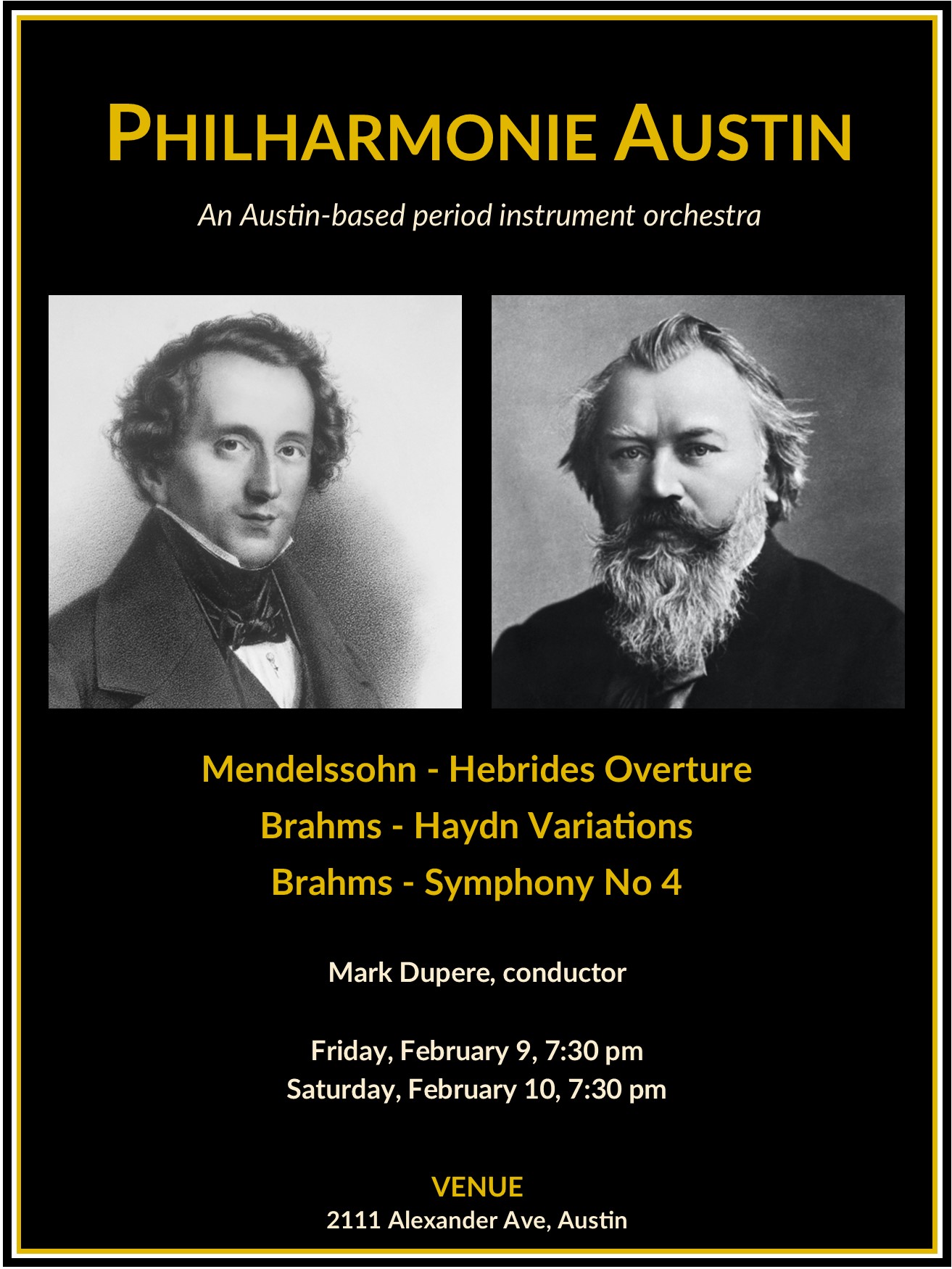One of the greatest musical institutions of London is the London Henry Wood Promenade Concerts – popularly known as The Proms – an annual 8-week summer season of daily classical orchestral concerts and other events held every summer since 1895. Originally the concerts were held in Queen’s Hall until its destruction by a bomb in 1941, and since then in cavernous Royal Albert Hall. The first conductor of The Proms, and nearly its sole conductor for the next 45 years, was Sir Henry Wood, who used the popularity of the series to promote new music, especially by British composers.
Ralph Vaughan Williams wrote the Serenade to Music in 1938 for Wood’s golden anniversary as conductor to be premiered at The Proms that year. Originally composed for 16 solo singers and orchestra with a text from the first scene of the last act of Shakespeare’s Merchant of Venice, Vaughan Williams subsequently adapted it for other choral and solo singer combinations as well as for orchestra alone. Coming shortly after his harsh, modernistic Fourth Symphony, the Serenade, with its gentle cantabile instrumental introduction, surprised the audience at the premiere. It is a lyrical evocation of a summer evening in which the lovers, Lorenzo and Jessica preface each of their declarations of love with the phrase “On such a night...”
Vaughan Williams sets the poetry in declamatory style, one syllable per note, carefully adapting the music to the text: Introducing the call, “Come, ho! And wake Diana with a hymn,” with a trumpet fanfare; and turning to somber chromatic harmony in the section beginning, “The man who hath no music in himself.” He rearranged and cut some words, phrases and whole lines from Shakespeare’s play and repeated two lines at the end:
Program notes by:
Joseph & Elizabeth Kahn
Wordpros@mindspring.com
www.wordprosmusic.com
